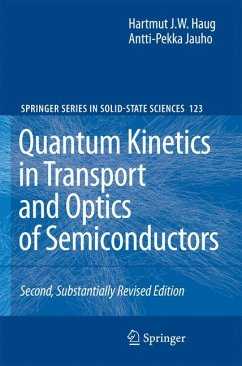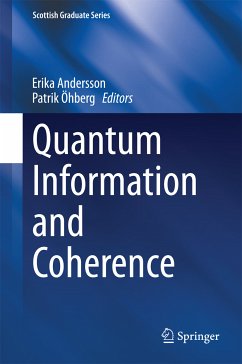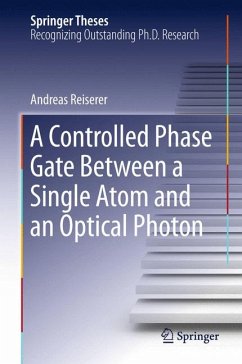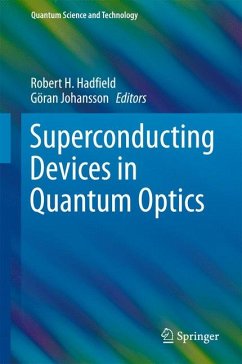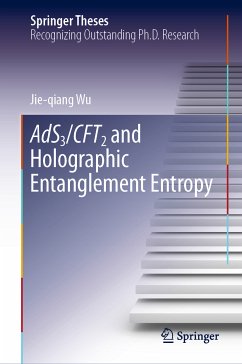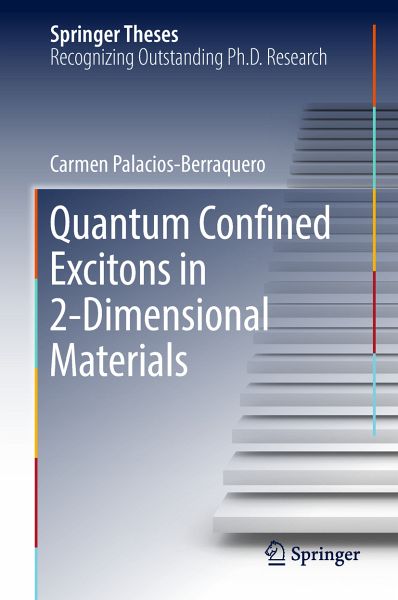
Quantum Confined Excitons in 2-Dimensional Materials (eBook, PDF)
Versandkostenfrei!
Sofort per Download lieferbar
72,95 €
inkl. MwSt.
Weitere Ausgaben:

PAYBACK Punkte
36 °P sammeln!
This book presents the first established experimental results of an emergent field: 2-dimensional materials as platforms for quantum technologies, specifically through the optics of quantum-confined excitons. It also provides an extensive review of the literature from a number of disciplines that informed the research, and introduces the materials of focus - 2d Transition Metal Dichalcogenides (2d-TMDs) - in detail, discussing electronic and chemical structure, excitonic behaviour and response to strain. This is followed by a brief overview of quantum information technologies, including concep...
This book presents the first established experimental results of an emergent field: 2-dimensional materials as platforms for quantum technologies, specifically through the optics of quantum-confined excitons. It also provides an extensive review of the literature from a number of disciplines that informed the research, and introduces the materials of focus - 2d Transition Metal Dichalcogenides (2d-TMDs) - in detail, discussing electronic and chemical structure, excitonic behaviour and response to strain. This is followed by a brief overview of quantum information technologies, including concepts such as single-photon sources and quantum networks. The methods chapter addresses quantum optics techniques and 2d-material processing, while the results section shows the development of a method to deterministically create quantum dots (QDs) in the 2d-TMDs, which can trap single-excitons; the fabrication of atomically thin quantum light-emitting diodes to induce all-electrical single-photon emission from the QDs, and lastly, the use of devices to controllably trap single-spins in the QDs -the first step towards their use as optically-addressable matter qubits.
Dieser Download kann aus rechtlichen Gründen nur mit Rechnungsadresse in A, B, BG, CY, CZ, D, DK, EW, E, FIN, F, GR, HR, H, IRL, I, LT, L, LR, M, NL, PL, P, R, S, SLO, SK ausgeliefert werden.







